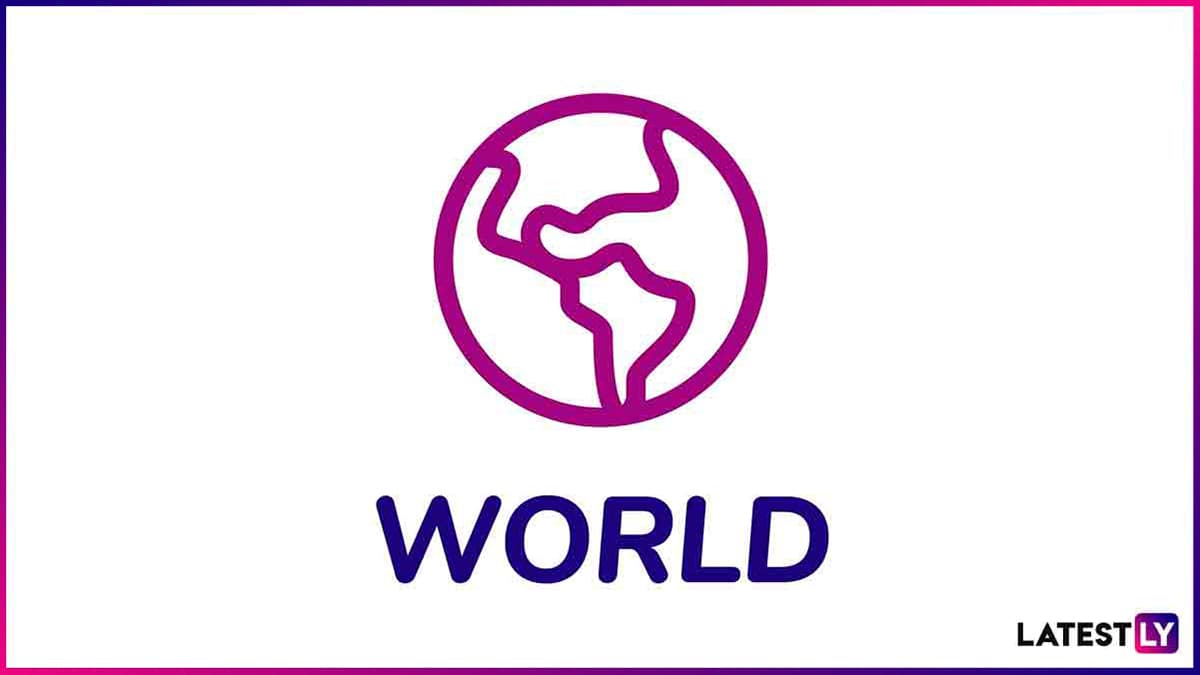Some researchers suggest that a virus lurking in the guts of some people interferes with their neurotransmitters, giving them a bigger surge of serotonin and dopamine (the feel-good chemicals) when they eat junk food. In other words, they may be dealing with a microbial invader, making it more difficult to put down that family-sized bag of potato chips.
This newly revealed connection between the gut and the brain may explain one cause of food addiction, a controversial condition on which experts remain divided. The finding, published in Nature Metabolism, is based on animal models receiving human fecal transplants. More studies are needed, as the exact way the virus affects eating habits is unknown.
Bacteriophages, sometimes called phages, are viruses that attack bacteria (not human cells). The specific one at play in food addiction is called gokushovirus, according to Jordi Mayneris-Perxachs, lead researcher of the study.
“Notably, mice that received microbiota from donors with presence of this virus developed behaviours consistent with food addiction, such as higher motivation to obtain chocolate pellets or difficulty in stopping reward-seeking behavior,” he Mayneris-Perxachs said. “We performed a similar experiment but transferring only viruses, and we got the same results.”
Because the researchers had noted that anthranilic acid—a compound derived from tryptophan—was lower in people with high levels of gokushovirus, they decided to supplement the diets of mice with anthranilic acid to see if it might have a protective effect on food addiction behaviors. The results showed that those mice displayed more impulse control and were less interested in the chocolate pellets.
Could anthranilic acid become the next fad diet pill? If you are hoping a pill might help you not overeat junk food, be aware that it’s unclear what effect it would have on people. Also, it’s not widely available. That said, there are signs it may be helpful.
Just as certain viruses invade and frequently kill human cells, phages invade and kill bacteria. If those bacteria are harmful, we may experience a net benefit.
Clinical trials on phage therapy for gastrointestinal diseases are in the early stages. In one, a commercial cocktail of four phages was used to target pathogenic Escherichia coli (E. coli), which causes diarrhea. The cocktail was found safe and effective, reducing inflammation and bacterial burden.
“More and more people are appreciating food addiction is a phenomenon. It fits all the criteria of an addiction—or it can—and maybe more importantly, patient-clinician pairs are finding it useful to medicalize this,” he told The Epoch Times. “By appreciating that and acknowledging a food addiction, then people are actually empowered to address it.”
While there are pros and cons to medicalizing many conditions, Norwitz said the biological mechanism behind food addiction bolsters the case that it be taken seriously—even if there isn’t a treatment available for gokushovirus right now.
The findings remove some of the mystery behind a condition that’s largely believed to be a mental health flaw.
Many struggling patients are traumatized by the medical system’s solutions, which range from being told they don’t have enough willpower to being ushered into surgeries that may help with weight loss but not food addiction, she told The Epoch Times.
On top of the damage done by overeating processed foods, patients may stigmatize or isolate themselves.
“You’re working through a mountain of deceptive messaging,” Ifland said of patients. “It’s really important that people get that they are not failing, that they are not a loser. They are not incompetent. They aren’t stupid. They don’t lack willpower.”
Most everyone, Norwitz added, deals with something the medical system doesn’t have a solution for. That doesn’t have to mean doom and gloom for doctors or patients, he said. Rather, it should build compassion.
He believes people can be empowered—sometimes with medication—and sometimes by education. Doctors might consider bringing up the subject of food addiction with patients.
“That means we as a community of scientifically curious and health care providers can say, ‘Look, you’re struggling with something. And I’m sorry we don’t have the best solution for you right now, but we can give it a name and try to describe it.’”
It’s simply impossible to keep up with newly released medical literature. Norwitz described it as like drinking water from a firehose.





